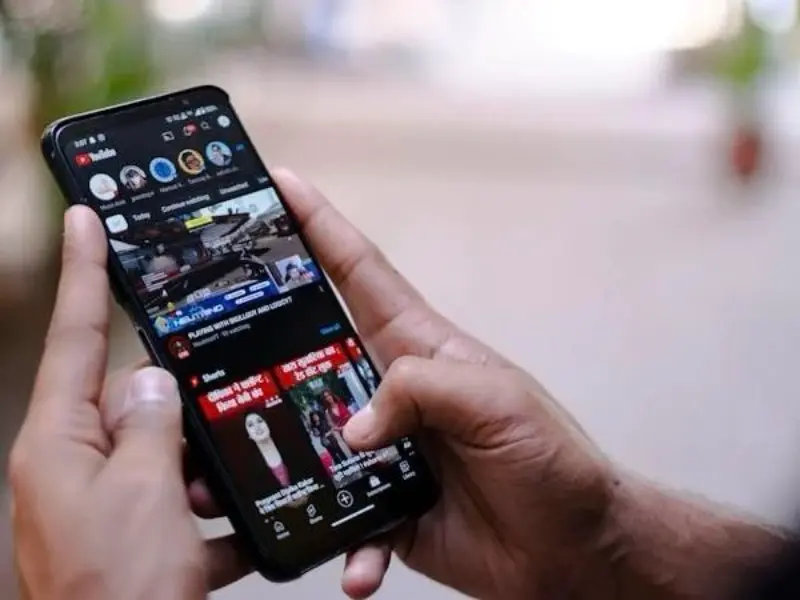- The rapid evolution of AI technology has enhanced AI algorithms’ capabilities, blurring the line between AI-generated and human-generated content and challenging platforms like YouTube to achieve accurate detection.
- AI-generated content can be used for deceptive practices and spreading misinformation, posing ethical challenges for platforms in maintaining content integrity and authenticity.
- Platforms like YouTube need to continuously adapt and refine their detection systems to keep pace with the dynamic nature of AI-generated content and the evolving techniques for its generation.
Although YouTube and other media sites have systems in place to identify content created by artificial intelligence, these systems’ efficacy varies. At times, it can be difficult to tell artificial intelligence (AI) material from human-generated content, particularly as AI algorithms advance and can now produce excellent images, movies, and other types of media. Media platforms must constantly upgrade their detection systems and algorithms in order to keep up with the quick growth of AI-generated content and guarantee the authenticity and integrity of the material posted on their platforms. This is because AI technology is advancing quickly.
Impact of AI advancements on content detection
The rapid advancements in AI technology have significantly enhanced the capabilities of AI algorithms in generating high-quality content that closely resembles human-created works. As AI algorithms become more sophisticated and versatile, the line between AI-generated and human-generated content continues to blur, posing a challenge for platforms like YouTube to accurately detect AI-generated content.
When it comes to quality and realism, artificial intelligence-generated material may rival that of human artists. It is becoming more challenging for detection systems to distinguish between AI-generated and human-generated content since AI algorithms are capable of producing visually appealing artworks that defy conventional ideas of creativity and authorship, from lifelike portraits to detailed landscapes.
Also read: YouTube tests AI tool that mimics famous singers with select creators
Ethical and legal implications of AI-generated content
AI-generated content raises complex copyright issues, as the ownership and attribution of content created by AI algorithms are not always clear-cut. Platforms like YouTube must navigate the legal implications of hosting AI-generated content that may infringe on existing copyrights or intellectual property rights, requiring robust detection mechanisms to identify and address potential violations.
AI-generated content can be used to deceive viewers or spread misinformation, posing ethical challenges for platforms in maintaining the integrity and authenticity of the content shared on their platforms. Detecting and addressing AI-generated content designed to manipulate or deceive audiences is crucial for upholding trust and credibility in online media environments.
Also read: Will X ever be as profitable as YouTube for creators?
Continuous adaptation of detection systems
Because AI-generated material is dynamic, platforms such as YouTube must constantly adapt and improve their detection algorithms. To successfully identify and control the spread of AI-generated material that breaches community norms or poses hazards to users, detection measures must keep up with the evolution of AI algorithms and new methodologies for creating AI content.
YouTube and other user-generated content platforms make investments in artificial intelligence (AI) techniques and technology to improve their content control and detection capabilities. Platforms can increase the efficiency and effectiveness of identifying and addressing AI-generated material by utilising AI algorithms for content analysis and detection.

